TransFARMation: Grain Bin Tragedy Is An ‘If Only’ Moment
Grain Bin Tragedy Is An ‘If Only’ Moment
Grain Bin Tragedy Is An ‘If Only’ Moment
Episode Description:
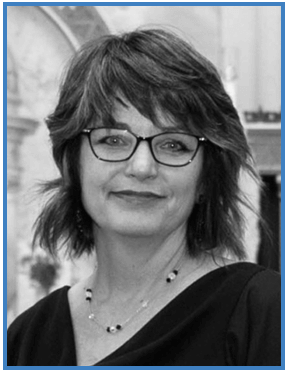 Bill Lambert made a split second deciison and it cost him his life on February 7, 2002. While at work in Leonard, North Dakota, Lambert dislodged crusted corn in a grain bin and there was no way to escape once the grain began to flow. “When his site supervisor hears the belt squealing on the auger, he came running to check on Bill and by the time he got there all he could see was the tips of Bill’s fingers above the corn,” said Dawn Chisholm. Dawn and Bill had three young children at the time.and the entire family was impacted by this tragedy. Dawn, who has since remarried, says this tragedy was overwhelming. “That first year you are in shock, I think you just go into survival mode, but living in a small community, everyone rallies around you.” In the TransFARMation podcast, Dawn said we all have those ‘if only’ moments. “We all do things that we think we can get away with; it may be taking a quick look at our phone, texting and driving.” Dawn now lives at Hawley, Minnesota and shares her inspirational story throughout the Midwest. Listen to the full podcast.
Bill Lambert made a split second deciison and it cost him his life on February 7, 2002. While at work in Leonard, North Dakota, Lambert dislodged crusted corn in a grain bin and there was no way to escape once the grain began to flow. “When his site supervisor hears the belt squealing on the auger, he came running to check on Bill and by the time he got there all he could see was the tips of Bill’s fingers above the corn,” said Dawn Chisholm. Dawn and Bill had three young children at the time.and the entire family was impacted by this tragedy. Dawn, who has since remarried, says this tragedy was overwhelming. “That first year you are in shock, I think you just go into survival mode, but living in a small community, everyone rallies around you.” In the TransFARMation podcast, Dawn said we all have those ‘if only’ moments. “We all do things that we think we can get away with; it may be taking a quick look at our phone, texting and driving.” Dawn now lives at Hawley, Minnesota and shares her inspirational story throughout the Midwest. Listen to the full podcast.
TransFARMation: Misuse of Prescription Meds is a Rural Threat
Episode Description:
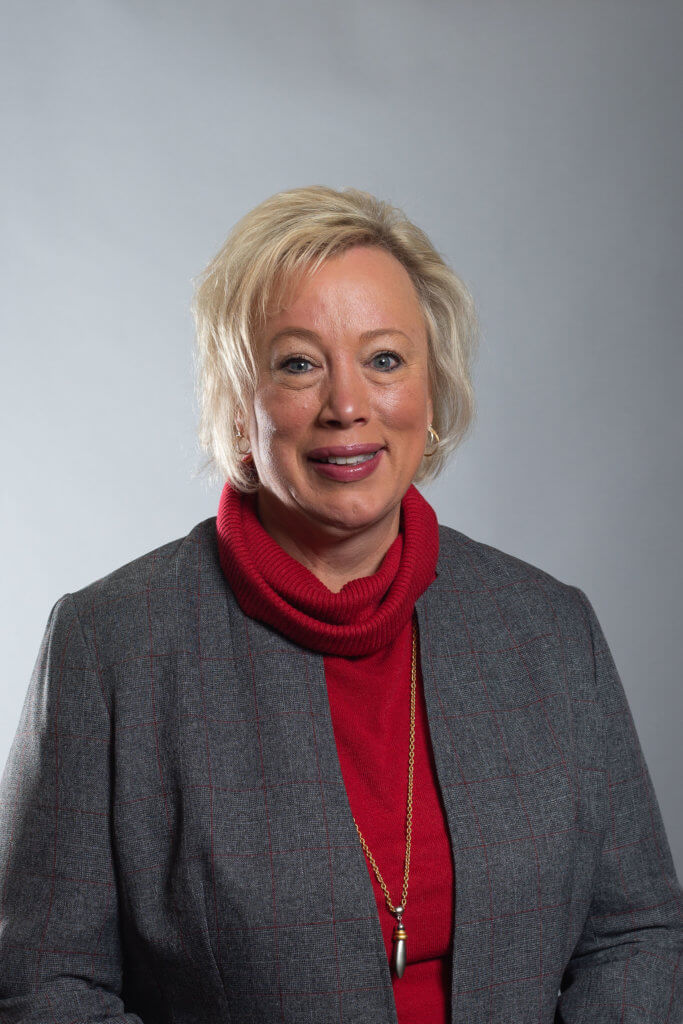 Nearly 75 percent of farmers surveyed said they have been impacted by the opioid epidemic. These pain meds may be in your medicine cabinet or bedstand. “Never did I dream when I started working with Farm Bureau 25 years ago that when was out talking about farm safety and farmer wellness I’d be talking about suicides and addiction,” said Ruth Meirick, who leads the Minnesota Farm Bureau Foundation. “I probably spend the most time in those two areas when discussing farm safety.” Addiction to prescribed opioids can start within three days. While it can be a scary topic, Meirick said the discussion about addiction and mental wellness should be normalized. “This impacts a lot of people, we need to talk about it.” Learn more about the impact of opioid addiction in this edition of TransFARMation.
Nearly 75 percent of farmers surveyed said they have been impacted by the opioid epidemic. These pain meds may be in your medicine cabinet or bedstand. “Never did I dream when I started working with Farm Bureau 25 years ago that when was out talking about farm safety and farmer wellness I’d be talking about suicides and addiction,” said Ruth Meirick, who leads the Minnesota Farm Bureau Foundation. “I probably spend the most time in those two areas when discussing farm safety.” Addiction to prescribed opioids can start within three days. While it can be a scary topic, Meirick said the discussion about addiction and mental wellness should be normalized. “This impacts a lot of people, we need to talk about it.” Learn more about the impact of opioid addiction in this edition of TransFARMation.
TransFARMation: Able to See Both Sides of the Table
Episode Description:
Brent Meshke has a unique perspective. He raises lambs, hogs, corn, soybeans and alfalfa on his Lake Crystal farm. For the past two years, Meshke has also been an ag lender for MinnStar Bank. “It definitely helps with the lending business, being able to see both sides of the table.” Commodity prices are high, but farm input costs are also escalating. Meshke stress the importance of having an accurate cash flow statement. “The projections often start at the beginning of the year, but it is also good to put sales in the projections even after you meet with the lender. Personally, I like FINPACK and there are some operators that work with Farm Business Management and that’s great.” Meshke says it is important to know the capabilities of your farm and what it will cost. Listen to the entire conversation with Brent Meshke.
TransFARMation: The Perspective of a First-Generation Farmer
Episode Description:
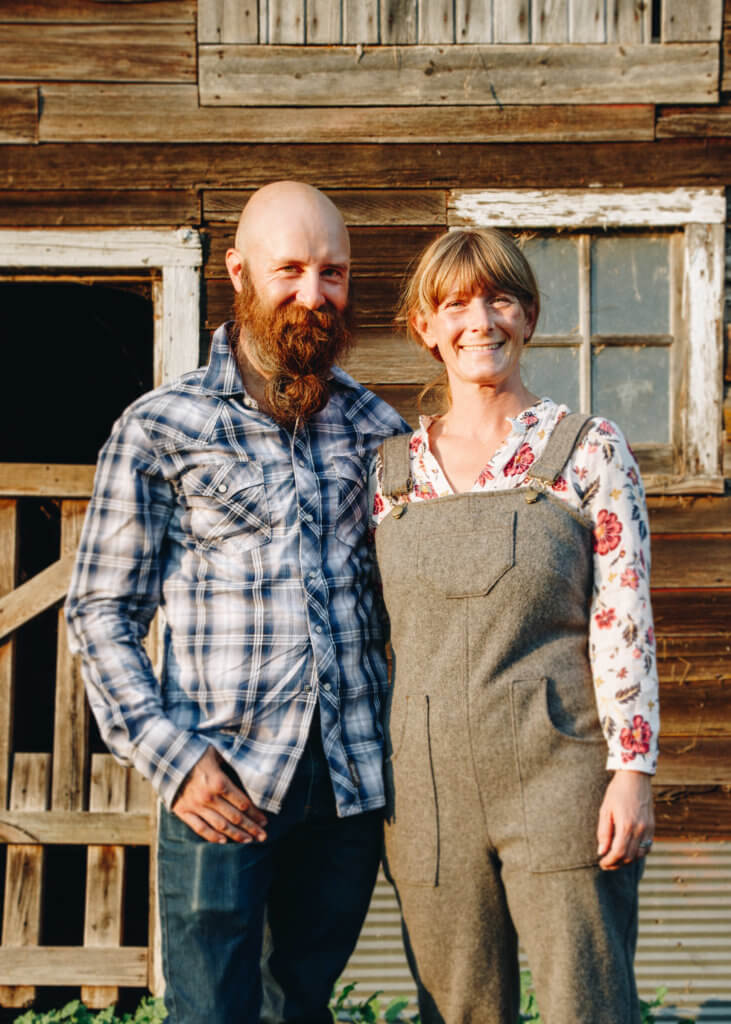 After a life in the city and suburbs, Theresa and Jake Bentz wanted a closer connection to their food and became first-generation sheep farmers. Get Bentz Farm is located on 40 acres near Northfield, Minnesota. “There’s so much we didn’t grow up with and we’re learning every day.” Theresa credits her community for their support of small, sustainable farms. We all wear a lot of different hats, making it difficult to sustain a work-life balance. “There are times I’m really good at keeping all the balls in the air and rocking it, but there are also times when the balls drop and that’s okay.” In the TransFARMation podcast, Theresa also highlights the teamwork seen on the farm. “Our kiddos get to watch Mom and Dad run a business in our home and watch us work together. which is cool for kids to see; maybe that’s how it should be.” Listen to the full podcast episode with Theresa Bentz.
After a life in the city and suburbs, Theresa and Jake Bentz wanted a closer connection to their food and became first-generation sheep farmers. Get Bentz Farm is located on 40 acres near Northfield, Minnesota. “There’s so much we didn’t grow up with and we’re learning every day.” Theresa credits her community for their support of small, sustainable farms. We all wear a lot of different hats, making it difficult to sustain a work-life balance. “There are times I’m really good at keeping all the balls in the air and rocking it, but there are also times when the balls drop and that’s okay.” In the TransFARMation podcast, Theresa also highlights the teamwork seen on the farm. “Our kiddos get to watch Mom and Dad run a business in our home and watch us work together. which is cool for kids to see; maybe that’s how it should be.” Listen to the full podcast episode with Theresa Bentz.
TransFARMation: Anxiety Level Rises with Each Case of Avian Influenza
Episode Description:
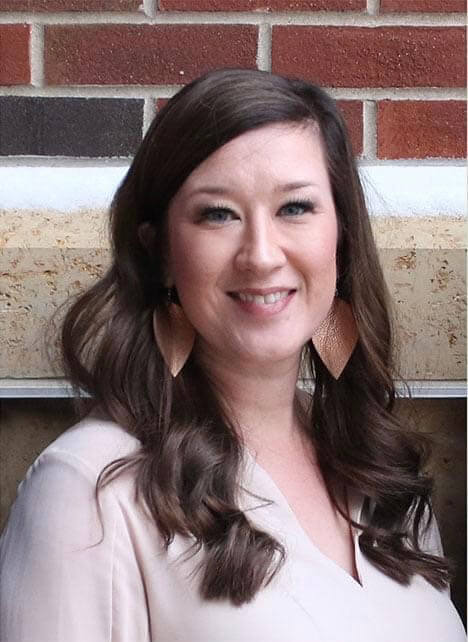 Highly Pathogenic Avian Influenza has spread to more than 30 states and has affected millions of birds. The commercial poultry industry went through a similar outbreak in 2015. Erica Sawatzke is a turkey grower from Kennsington, Minnesota and chairs the Minnesota Board of Animal Health. “We’re fortunate that my farm has not gotten it yet, but you always have this fear of who’s next.” Farmers are in the food business and the concept of euthanizing the flock has a financial and emotional toll on growers. “It’s just a helpless feeling.” In this episode of TransFARMation, Sawatzke shares her unique perspective about this deadly disease. Learn more in this edition of the TransFARMation podcast.
Highly Pathogenic Avian Influenza has spread to more than 30 states and has affected millions of birds. The commercial poultry industry went through a similar outbreak in 2015. Erica Sawatzke is a turkey grower from Kennsington, Minnesota and chairs the Minnesota Board of Animal Health. “We’re fortunate that my farm has not gotten it yet, but you always have this fear of who’s next.” Farmers are in the food business and the concept of euthanizing the flock has a financial and emotional toll on growers. “It’s just a helpless feeling.” In this episode of TransFARMation, Sawatzke shares her unique perspective about this deadly disease. Learn more in this edition of the TransFARMation podcast.
TransFARMation: Worth Shares His Story During Mental Health Awareness Month
Episode Description:
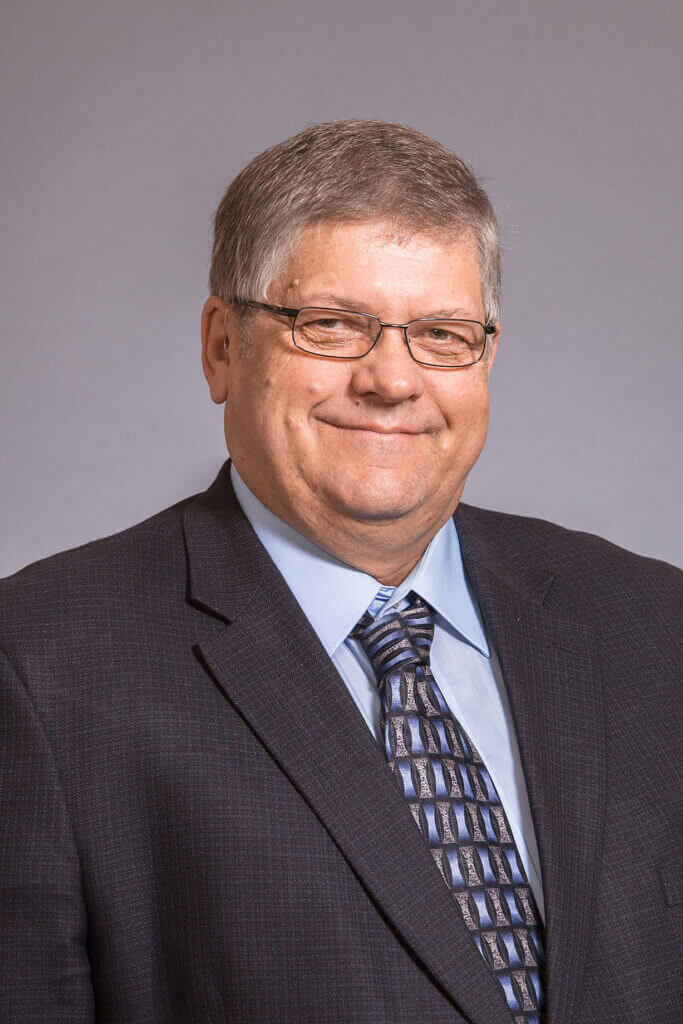 Lake Benton, Minnesota farmer Bob Worth was a ‘young gun’ when he began farming 50 years ago until the farm crisis of the 1980s hit, taking its toll. As a result, he went into a severe case of depression. “It was so bad I didn’t even care if I got out of bed. Even if harvest was there, I didn’t care; it (the crop) could stay there.” Bob’s wife convinced him to go see a doctor. “I’m glad she did. The doctor put be on some medicine and diagnosed me with severe depression.” As a past president of the Minnesota Soybean Growers Association, Bob has been vocal about his experience with depression. There are some similarities between the 1980s and the tough farm economy of today. Worth leaves listeners with this piece of advice. “Communication is so important, especially during times of stress.” Hear more in the latest TransFARMation podcast.
Lake Benton, Minnesota farmer Bob Worth was a ‘young gun’ when he began farming 50 years ago until the farm crisis of the 1980s hit, taking its toll. As a result, he went into a severe case of depression. “It was so bad I didn’t even care if I got out of bed. Even if harvest was there, I didn’t care; it (the crop) could stay there.” Bob’s wife convinced him to go see a doctor. “I’m glad she did. The doctor put be on some medicine and diagnosed me with severe depression.” As a past president of the Minnesota Soybean Growers Association, Bob has been vocal about his experience with depression. There are some similarities between the 1980s and the tough farm economy of today. Worth leaves listeners with this piece of advice. “Communication is so important, especially during times of stress.” Hear more in the latest TransFARMation podcast.
TransFARMation: Dealing With the Anxiety of Product Shortages
Episode Description:
 Due the supply chain headaches, farmers are dealing with shortages of certain crop protection products, fertilizer and farm machinery parts. Farmer and crop consultant Curt Burns, who is based at Stewart, Minnesota, discusses the anxiety faced by growers this spring. When making a visit to his farm clients, Burns says the conversation nearly always turns to the angst and nervousness in production agriculture today. “You talk about this in the shop or the kitchen table and it is more like being a counselor than an agronomy person.” Burns has practical advice in this edition of TransFARMation.
Due the supply chain headaches, farmers are dealing with shortages of certain crop protection products, fertilizer and farm machinery parts. Farmer and crop consultant Curt Burns, who is based at Stewart, Minnesota, discusses the anxiety faced by growers this spring. When making a visit to his farm clients, Burns says the conversation nearly always turns to the angst and nervousness in production agriculture today. “You talk about this in the shop or the kitchen table and it is more like being a counselor than an agronomy person.” Burns has practical advice in this edition of TransFARMation.


